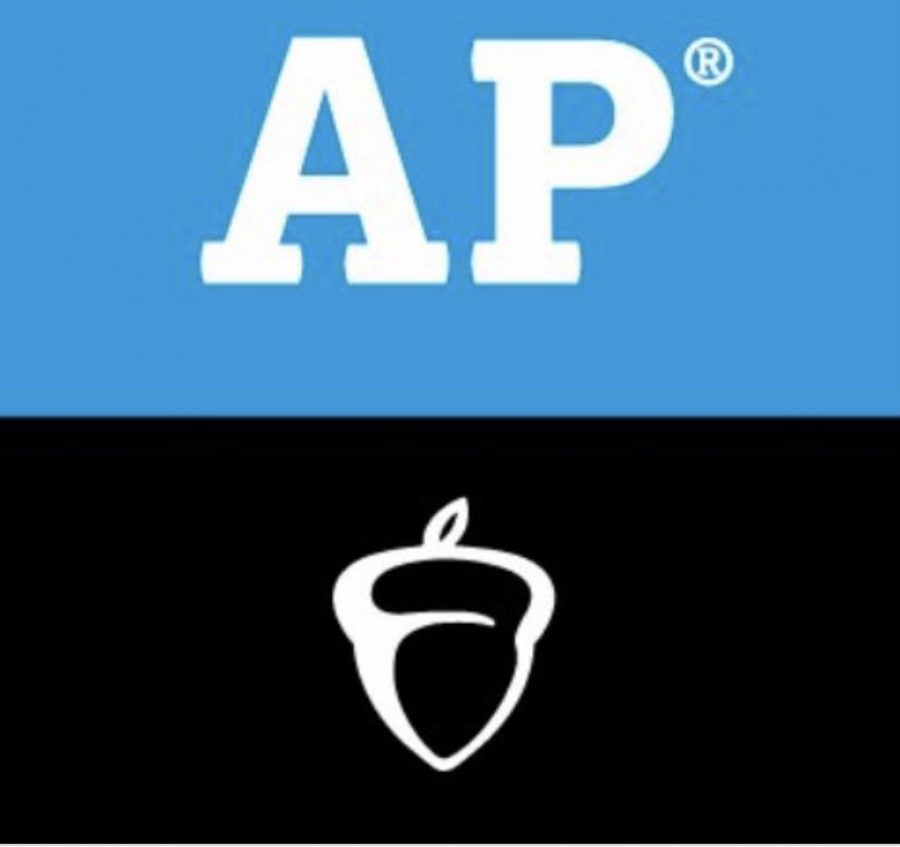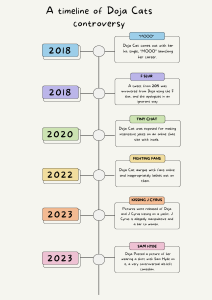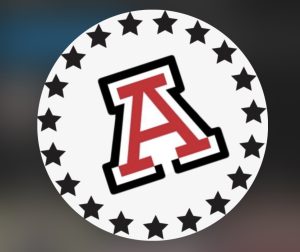AP College Board During the Pandemic
January 21, 2021
AP College Board offers college based classes for almost every subject, a system where they supply a test at the end of the year and,if a student passes, college credit is granted to that student. In March of last year the pandemic struck America, and by spring break almost all schools were closed and finishing their school year in virtual learning. The College Board had a huge dilemma on their hands, whether they should have their exams or not. When they decided to hold them, the even bigger question was what they would look like in March (2020) and going on forward.
AP tests are designed to show if the student has the knowledge that a college student would have at the end of a regular college class, and most tests in previous years lasted 2-3 hours. Some exams have a requirement of 3 essays, with up to 80 multiple choice questions
One might think that it’s quite impossible to take a test that long and shrink it down into a test that is do-able for a student sitting at home and meet the same requirements. College Board’s solution was to make all of the exams the same–no matter the subject, every single exam requirement was to write an essay in an hour.
The College Board then grades all of the exams. According to their website, “Specially appointed college professors and experienced AP teachers… score [ the free-response section.]” The College Board did this so the exams would be graded properly and see if the student has gained the knowledge that a college student would acquire from the same course.
AP U.S History teacher, Mrs. Schludecker has been teaching at Alder for 4 years, teaching not only AP but regular U.S History and Psych/Sociology. She had the opportunity to grade AP U.S History exams this past summer. “The grading process usually is in person and you grade one question the whole time with a team. It was virtual this year. We got training on grading as well as our specific prompt we were answering.” She also went on to say, “Every response is graded by many readers. If your grades don’t match with others then you get sent to remediation. It was very difficult but worthwhile and I hope to do it again.”
AP at Alder
Jonathan Alder High School currently offers 8 AP courses, including AP U.S History, AP Government, AP Bio, and AP Calculus AB. These classes are designed to help one pass the exam. Schludecker says “I think the exam was made to measure some skills and content knowledge – not all. But every test does something different.” Alder students were on par with their peers in terms of how they scored on last year’s test. About 60% of my students passed, which was the national average,” Schludecker says.
Because Mrs. Loy has been teaching AP Gov for only two years, her outlook on things is a little different because she hasn’t seen what a regular exam looks like, only the modified version from March. She says, “I felt that they were getting prepared until March hit and we had to go all online; then it made it really hard to make sure that everyone was getting the material and information they needed…”
With having a modified test teachers were worried about their students being prepared and the test being able to show off their entire knowledge of the class. Loy says, “I felt like College Board did a good job at focusing the exam questions in a way that insured students had a chance to demonstrate the knowledge and skills they possess to prove that they understand the course material.”
This year’s exam
With this school year being different from last year, some schools being all online, in hybrid or all in person, the College Board hasn’t quite decided how they are going to the exams for this coming Spring. The pressure of a regular exam is a lot on a high schooler in a normal school year, but with the limited amount of teaching this year adds even more weight on students, especially when different schools across the country are operating on different models.
On Tuesday, January 5th, College Board released an email stating that as of right now AP exams are not going to be modified, putting even more pressure on teachers this school year. Schludecker says, “I am worried about the exam in the spring. I want everyone to do well and feel confident and I’m not sure we’ll get there or students will have enough outside of class.” As a result, her teaching has changed for the school year. “I’m cutting out a lot of exploration and trying to limit it to just facts students need to know.”
Loy has also been reconfiguring her class .“I am reserving in person days for more review and hands on learning and I am assigning more reading and analysis of material durning online days,” she says.
Mrs. Calland, who teaches AP Biology, is also trying to figure out how to make the hybrid days work for the amount of content required in an AP class. “ I am more stressed about double teaching, and not being able to lecture,” she says. “I have reserved my in person days for labs, simply because [AP Biology] explores the why and the how that connects biology together.”
AP from a student
AP classes can give students college credit if the exam is passed, and they also give students experience for college classes. Junior Kelsey Pack started taking AP classes her sophomore year (2019-2020) of high school withAP U.S History.
“I felt that Schludecker prepared us as much as she could, even at the start of the year we went at a faster pace than my other classes,” she says. “The class is definitely set up in more of a college based way.”
This year she is taking AP Lang, and AP Gov, and she’s noticed a difference in preparation because of the different structure of the school week. “I don’t feel as prepared,” she says, “our Wednesday zoom meetings are not a sufficient way of doing things, for the Monday-Tuesday students are learning something different from the Thursday-Friday students.”
With all of the changes this year, she feels like there should be changes in the test. “The college-board should take into account that this year is once again not a regular school,” she says. “Giving a full length exam to students who are receiving half, maybe even less of the learning that they would in a regular school year is not fair.”









